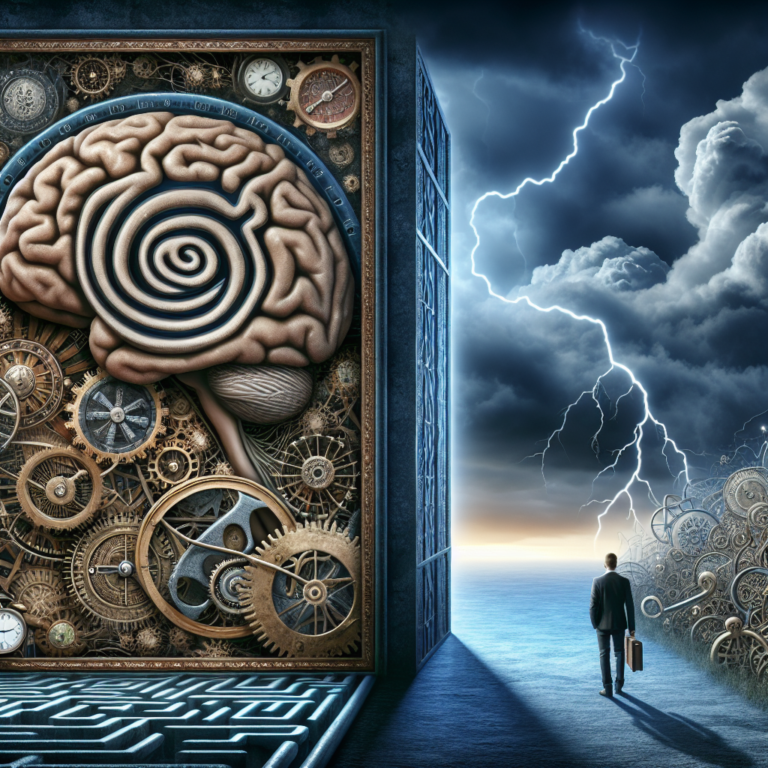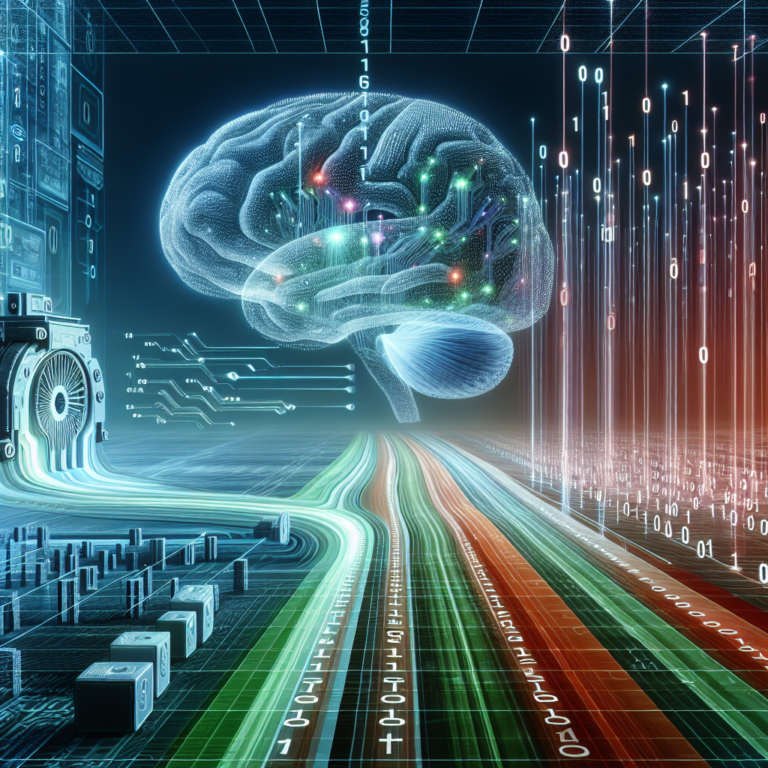
Introduction
In a world increasingly dictated by multitasking and information overload, the role of working memory has never been more vital in determining our mental health and overall well-being. Working memory acts as our mental workspace, allowing us to hold and manipulate information temporarily. But what happens when this essential cognitive function is compromised?
Research increasingly points to a profound connection between working memory and mental health: understanding the connection is crucial not only for scientists and psychologists but also for anyone aiming to lead a fulfilling life. From anxiety and depression to ADHD and stress, various mental health issues are deeply intertwined with how well our working memory functions.
This article takes an in-depth look at working memory and its relationship with mental health, uncovering the nuances that might provide valuable insights into how we manage our cognitive resources and emotional states.
What is Working Memory?
The Definition
Working memory can be defined as the ability to hold and manipulate information in our minds over short periods. It’s the system responsible for complex tasks like reasoning, learning, and comprehension.
How it Works
The model of working memory proposed by Alan Baddeley includes three key components:
- Central Executive: Directs attention and coordinates information.
- Phonological Loop: Deals with verbal and auditory information.
- Visuospatial Sketchpad: Handles visual and spatial information.
This compartmentalization allows us to process various forms of information simultaneously, but it also means that every component is susceptible to disruption, revealing a potential link to mental health concerns.
Chart: Components of Working Memory
| Component | Function | Real-World Example |
|---|---|---|
| Central Executive | Directing attention | Solving a math problem |
| Phonological Loop | Verbal information processing | Remembering a phone number |
| Visuospatial Sketchpad | Visual and spatial reasoning | Following a map |
The Link Between Working Memory and Mental Health
Anxiety Disorders
Studies show that anxiety can significantly impair working memory, creating a vicious cycle. Individuals with anxiety tend to focus on negative thoughts that occupy their mental workspace, reducing their capacity for processing new information.
Case Study: A Closer Look at Anxiety and Working Memory
A study involving college students with high anxiety levels found that participants performed significantly worse on working memory tasks compared to their calmer peers. The implications were clear: by addressing their anxiety through counseling and behavioral techniques, participants not only improved their mental health but also their working memory performance.
Depression
In individuals suffering from depression, the reduced working memory capacity can result in difficulty concentrating, ultimately impairing decision-making and daily functioning.
Case Study: The Dual Impact of Depression and Working Memory
A longitudinal study examined the patterns of cognitive decline in individuals diagnosed with major depressive disorder. Findings revealed that those with a lower working memory capacity exhibited more severe depressive symptoms, showcasing that enhancing working memory—through cognitive exercises—could have positive effects on mood.
ADHD (Attention Deficit Hyperactivity Disorder)
Deficits in working memory are a hallmark of ADHD, often leading to challenges in academic and professional settings.
Case Study: Working Memory Training in ADHD Children
In an experimental study, children diagnosed with ADHD underwent working memory training through computer games. Results indicated notable improvement not only in their working memory performance but also a significant reduction in ADHD symptoms, leading researchers to explore these training programs as potential interventions.
Stress and Emotional Regulation
Stressful situations often overload working memory, making it challenging to manage emotional responses effectively. Stress management techniques can enhance cognitive performance and emotional resilience.
Table: Impact of Stress on Working Memory
| Stress Level | Working Memory Capacity | Emotional Responses |
|---|---|---|
| Low | High | Calm and focused |
| Moderate | Moderate | Distracted and irritable |
| High | Low | Overwhelmed and anxious |
Enhancing Working Memory for Better Mental Health
Cognitive Training Strategies
Memory Games: Engaging in activities like puzzles and memory games can substantially improve working memory capacity.
Mindfulness Practices: Techniques such as meditation increase focus and improve memory function, contributing positively to mental health.
- Physical Exercise: Regular physical activity has been shown to boost neuroplasticity, enhancing working memory while reducing anxiety and depressive symptoms.
Nutrition and Brain Health
Fueling our brains with the right nutrients contributes to cognitive functions, including working memory. Omega-3 fatty acids, antioxidants, and certain vitamins play essential roles in enhancing brain health, thereby affecting mental well-being.
Example: Nutritional Pyramid for Mental Health
Here’s a simple breakdown of nutrients beneficial for improving working memory and mental health:
| Nutrient | Source | Benefit |
|---|---|---|
| Omega-3 Fatty Acids | Fish, Flaxseeds | Supports cognitive function and mood |
| Antioxidants | Fruits, Vegetables | Protects brain from oxidative stress |
| B Vitamins | Whole grains, Meat | Crucial for energy metabolism in neurons |
Conclusion
Understanding the intricate relationship between working memory and mental health: understanding the connection is imperative for developing effective interventions. Improvements in working memory can lead to better emotional regulation and resilience against mental health issues.
As we cultivate our mental capabilities, we also nurture our emotional landscapes, contributing to holistic well-being. Readers are encouraged to explore cognitive training methods, mindfulness practices, and nutritious diets as proactive ways to bolster both their mental health and working memory.
FAQs about Working Memory and Mental Health
1. What is working memory?
Working memory refers to our brain’s ability to hold and manipulate information over short periods. It is integral to tasks like problem-solving and reasoning.
2. How does anxiety affect working memory?
Anxiety tends to occupy mental resources with negative thoughts, leading to reduced working memory capacity and difficulties in concentrating.
3. Can improving working memory help with ADHD?
Yes! Training that focuses on enhancing working memory has shown significant improvements in managing ADHD symptoms among children.
4. Are there dietary changes that can improve working memory?
Absolutely! Consuming omega-3 fatty acids, antioxidants, and B vitamins can significantly enhance cognitive functions, including working memory.
5. What exercises can aid in improving working memory?
Engaging in memory games, puzzles, and mindfulness practices are effective strategies to boost working memory performance.
By remaining conscious of our cognitive processes and diligently working on improving our working memory and mental health: understanding the connection will not only aid us in navigating our daily lives more effectively but will also pave the way for a fulfilling future. Let’s commit to strengthening our cognitive abilities, enhancing mental health for ourselves and those around us.











